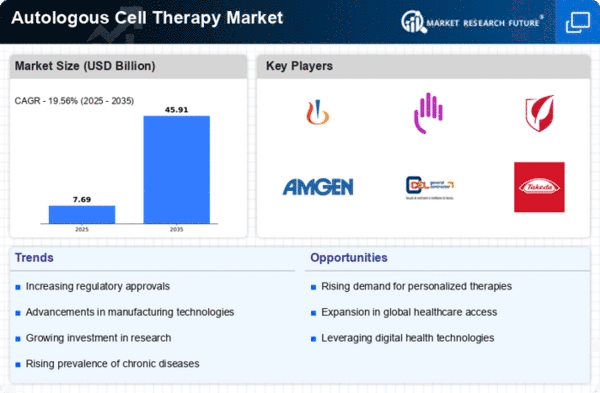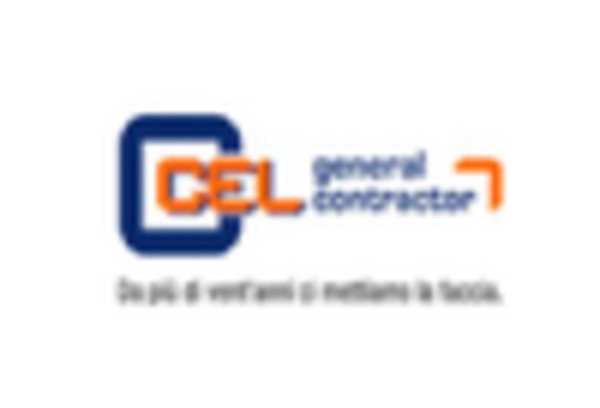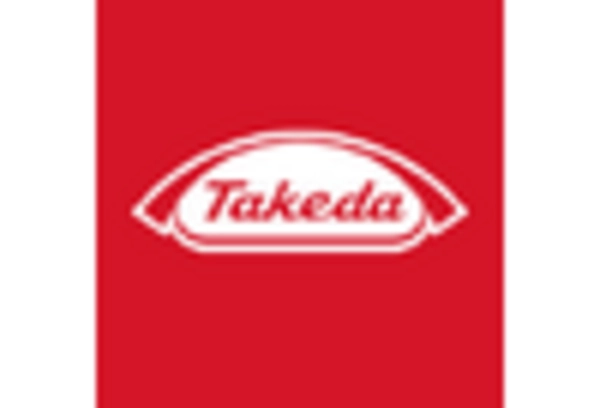Market Trends
Key Emerging Trends in the Autologous Cell Therapy Market
Recent changes in trends for the Autologous Cell Therapy market are transformative due to their changing from slowly occurring to development-driven by innovations brought forward by cell-based therapies deeper understanding self-medicine and increasing patient demand of regenerative treatments. There has been another major trend in the recent developments concerning autologous therapies when novel cell sources are considered. First, although traditional sources –bone marrow and adipose tissue – play a central role, there is an increasing trend in finding alternative sources peripheral blood and dental pulp. This trend is an embodiment of a broader strategy aimed at optimizing the processes through which cells are extracted and to enhance accessibility while expanding the therapeutic horizons related to autologous cell treatments. Autologous cell therapy market is revolutionized by its personalized and precision medicine. It is notable that the primary goal of modern cell therapies is to generate drugs specific for individual patients, using their subtle peculiarities. The occurrence of this trend lies in the use of patient-derived cells from which personalized treatments are manufactured, so as to overcome variability in individual response and fully bear therapeutic effectiveness for autologous cell therapies. The trend is also colored by a move towards point-of-care manufacturing of autologous cell therapies. The emergence of automated and closed-system manufacturing technologies enables onsite preparation cell therapy that reduces the cycle time and improves the point of use feasibility. This is consistent with the aim to avoid complexities in the manufacturing process supporting autologous cell therapies’ availability and efficiency for eventual clinical use. The emergence of novel genetic technologies is impacting Autologous Cell Therapy market. It is possible to apply CRISPR-Cas9 and other gene editing tools shown in integration with cell modifying patient-derived cells improving therapeutic capacities or correcting abnormal genotype statements. This trend is interpreted as an array of possibilities for two patients, namely autologous cells engineered to perform better and more treatment options aimed at individual specific conditions in the therapeutic area. There is a rapid growth in the commercialization of different personalized immunotherapies for cancer treatment that depends on autologous cells. Among the new therapies, CAR T-cells appear to have risen in status that use re-engineered patient’s T cells target and kill cancerous cells. This therapeutic modification in turn represents an era of paradigm shift towards a new direction for cancer treatment, where anti-cancer interventions infused with high potential from the immune system introduced deliberate attacks personalized to MTC for positive outcomes. Collaborations to enable shared learning and innovation within the Autologous Cell Therapy market include synergistic alliances between industry and academia; collaborations between industry-big biopharmaceutical companies, research institutes and healthcare organizations. The collaborations promote swapping expertise that contribute to the pooling of resources and research, thus leading to the faster translating of scientific advances into innovative autologous cell therapies.


















Leave a Comment